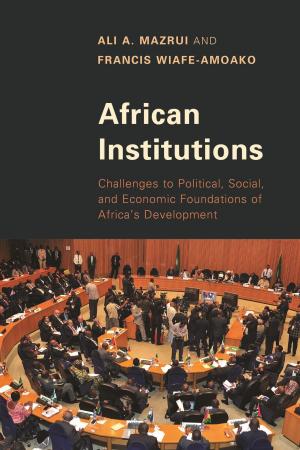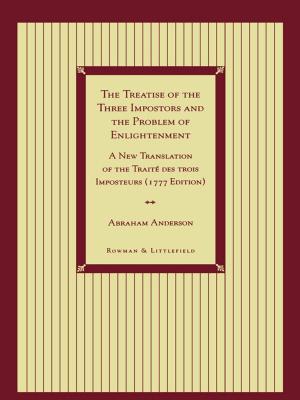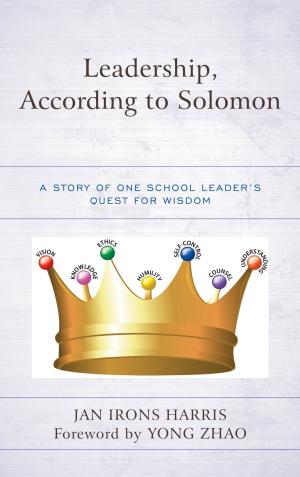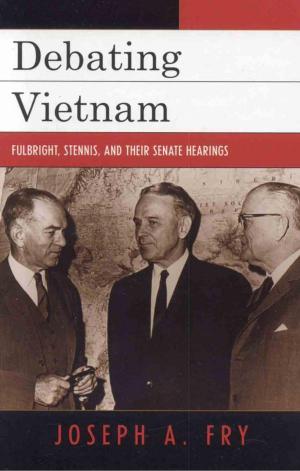Islam on the Street
Religion in Modern Arabic Literature
Fiction & Literature, Literary Theory & Criticism, Asian, Middle Eastern, Nonfiction, Religion & Spirituality, Middle East Religions, Islam| Author: | Muhsin al-Musawi | ISBN: | 9780742566330 |
| Publisher: | Rowman & Littlefield Publishers | Publication: | June 16, 2009 |
| Imprint: | Rowman & Littlefield Publishers | Language: | English |
| Author: | Muhsin al-Musawi |
| ISBN: | 9780742566330 |
| Publisher: | Rowman & Littlefield Publishers |
| Publication: | June 16, 2009 |
| Imprint: | Rowman & Littlefield Publishers |
| Language: | English |
Islam on the Street deals with the popular side of Islam, as described not only in tracts and manuals written by Sufi shaykhs and Islamist thinkers from among the more militant groups in Islam, but also in writings by other, more secular thinkers who have also influenced public opinion. A scholar of Arabic literature, Muhsin al-Musawi explains the growing rift that has occurred between the secular intellectual—the forerunner of Arab and Islamic modernity since the late nineteenth century—and the upsurge of Islamic fervor in the street, at the grassroots level, and what these secular intellectuals can do to reconnect with the masses.
Using some of the most important Arabic and Islamic poetry, prose, and fiction to come out of the twentieth century, Al-Musawi provides context for the complex images of Arab and Islamic culture given by the various social, religious, and political groups, providing the motivations. Readers interested in the influence of religion and secularism within modern Islamic Arabic literature will find that the author addresses the presence of Islam and Sufism in ways that secular commentators have been incapable of doing.
Islam on the Street deals with the popular side of Islam, as described not only in tracts and manuals written by Sufi shaykhs and Islamist thinkers from among the more militant groups in Islam, but also in writings by other, more secular thinkers who have also influenced public opinion. A scholar of Arabic literature, Muhsin al-Musawi explains the growing rift that has occurred between the secular intellectual—the forerunner of Arab and Islamic modernity since the late nineteenth century—and the upsurge of Islamic fervor in the street, at the grassroots level, and what these secular intellectuals can do to reconnect with the masses.
Using some of the most important Arabic and Islamic poetry, prose, and fiction to come out of the twentieth century, Al-Musawi provides context for the complex images of Arab and Islamic culture given by the various social, religious, and political groups, providing the motivations. Readers interested in the influence of religion and secularism within modern Islamic Arabic literature will find that the author addresses the presence of Islam and Sufism in ways that secular commentators have been incapable of doing.















